Quick — can you name boxing’s heavy-weight champion?
If you’re like most readers, you drew a blank. If you’re a sports fan you may at least have heard of Ukraine’s Oleksandr Usyk, who holds three of the world’s four heavyweight title belts. Usyk has a good story: an Olympic gold medalist in 2012, now unbeaten and untied in twenty-one pro bouts, he took time out from training to serve as a soldier in his country’s war with Russia. The fourth title belt, symbolizing the WBC’s heavyweight crown, belongs to England’s Tyson Fury (yes, he’s named after Mike Tyson). The 6’9”, 278-pound Fury is also undefeated, with a record of 24-0-1. His parents are Irish Travellers; Fury proudly calls himself the “Gypsy King.” With his vast reach, nimble footwork and cast-iron chin, he might be more than a match for Mike Tyson in his prime. He’s not exactly boring, either. Fury has claimed to be bipolar, once ballooned to more than 400 pounds, blamed a flunked steroids test on eating “uncastrated wild boar” and showed up at a press conference in a Batman costume.
Why aren’t he and Usyk more famous?
“Because boxing is dying. MMA has eclipsed it.” So says Jim Lampley, the long-time voice of the sport on HBO. “At least that’s the party line.”
Lampley doesn’t buy the party line. He has heard it before. “Boxing has been dead or dying for a hundred years,” says the three-time Emmy winner, now covering fights for PPV.com. “But it’s always evolving. In fact, this is an exciting time for boxing.”
A hundred years ago, heavyweight champ Jack Dempsey was an American icon, alongside baseball’s Babe Ruth and football’s Red Grange. Through the rest of the twentieth century the top boxers were celebrated as kings among men in what Joyce Carol Oates called “our most dramatically masculine sport.” Joe Louis, Rocky Marciano, Sugar Ray Robinson and Muhammad Ali — all heavyweights except Robinson, the best pound-for-pound fighter of all — became immortals for taking on the challenge Oates stripped to its essence: “To enter the ring near-naked and to risk one’s life.” Boxing’s blend of skill and brawl enthralled literary heavyweights like Hemingway, an amateur fighter who said, “My writing is nothing, my boxing is everything,” and Norman Mailer, who once hired a researcher who had to double as his sparring partner. Poet Marianne Moore collaborated on a verse with Ali, author of the shortest poem ever: “Me? Whee!” Later came Mike Tyson, who defined boxing tactics in one line: “Everybody has a plan until they get punched in the mouth.”
“Tyson threw the most devastating punch I ever saw,” says Hall of Fame trainer Freddie Roach. “There were guys who were going down before he hit them — out of fear!” But Tyson’s 1997 rematch with Evander Holyfield turned to farce when he bit off an inch of Holyfield’s ear. With that, the fight game lost its last crossover superstar.
Floyd Mayweather, the top boxer of this century, was a brilliant tactician who lacked the punching power that made Tyson more fearsome than a tiger. That didn’t keep Mayweather from becoming the best-paid athlete of his time, with career earnings of $1.1 billion thanks to the pay-per-view broadcasts pioneered in Ali’s era. A world champion in weight classes ranging from 130 pounds to 154, he liked to stroll around Vegas with a bodyguard and a fanny pack stuffed with $100 bills. I joined “Money” Mayweather one day and asked him to count his walking-around cash. It came to just over $30,000 — enough to place a football bet at a sportsbook, but not enough for him to buy a watch. (One of his watches sold for more than $500,000. Another, featuring 260 carats of emerald-cut diamonds, cost him $18 million.) My favorite moment with Mayweather came at the gym where he was training. He wanted a bag of Fritos, but the vending machine didn’t take $100 bills. I had to give him a dollar.
Mayweather’s 2015 welterweight showdown with Manny Pacquiao grossed more than $600 million, setting a record for the highest-grossing fight of all time, but did little to move the needle with mainstream fans. By then, millions had turned their attention to the UFC’s octagon.
The combination of combat styles known as mixed martial arts grew by leaps and bounds after its rules were codified in 2000. Before then MMA, once mocked by Senator John McCain as “human cockfighting,” was against the law in most states. It was illegal in New York until 2016. But with a reality TV series, The Ultimate Fighter, plus a roster of social-media-savvy contenders and a charismatic kingpin in Dana White, MMA became the dominant fight game for a new generation of fans.
Last fall White’s UFC merged with WWE, Vince McMahon’s wrestling empire, in a $21.4 billion coalition of crowd-pleasing combat. The deal created a socko conglomerate that has some boxing purists shaking their heads.
“Color me skeptical,” says Lampley, no MMA fan. “Seeing a fighter punch down at an inert figure on the canvas — that’s not a sport. That’s a mugging.” He worries that MMA is dumbing down the viewing public to the point that fans can no longer appreciate the nuances of the sweet science. Yet he thinks he understands the newer sport’s appeal. “It’s ideal for social media, a shallow sort of media full of shortcuts and ill-considered opinions. The easy answer, the quick fix — that’s part of the MMA cult. Now, you may ask, does saying that make me an anachronistic old fuddy-duddy? Yes! And I’m fine with that.”
HBO dropped boxing in 2018, pulling the rug from under Lampley and his ringside colleague Max Kellerman. As an HBO spokesman announced, “Our audience research informs us that boxing is no longer a determinant factor for subscribing to HBO.” Last year, Showtime dropped its boxing coverage after thirty-seven years. The old game looked to be down for the count.
But wait! There’s a new boxing promoter on the scene: none other than UFC chief Dana White.
A onetime amateur boxer, White hopes to help give the old game a boost. “I don’t know if I can fix the sport,” he said last spring, “but I think I can put on fights that people want to see, make boxing interesting again and build a brand around it.”
He has added boxing cards to UFC Fight Pass, a fast-growing streaming service. Several have starred super-welterweight Callum Walsh, a twenty-two-year-old peroxide blond from Ireland who is sponsored by UFC. White calls Walsh, who grew up idolizing UFC champ Conor McGregor, “a very talented guy. He’s got unbelievable knockout power. We’re going to help build this kid and see if we can get him to a world title.” In November, WWE legend Triple H joined White and a sellout crowd at Madison Square Garden to see Walsh’s latest victory. Was it a hint of a new era in combat sports? Color Walsh optimistic. He says he intends “to win everything I can in boxing” before shifting to the spectacle he grew up watching on TV. According to his girlfriend, UFC fighter Tabatha Ricci, “He doesn’t like boxing. He only does it because he’s good. His dream is to fight MMA.”
In the meantime, boxing soldiers on. Lampley considers Callum Walsh unproven, “but he’s got craft and style and a great trainer in Freddie Roach.” Walsh, who began boxing when he was six years old, checks all the boxes Lampley calls crucial to pugilists’ progress. “Did he start at an early age? Because the grapes gotta grow in the vineyard. Did he spend years in the gym, learning a cruelly difficult craft under the tutelage of a trainer who could get the most out of him? Can he win and keep winning, and please the crowd while he does it?”
Lampley has seen movie stars train for months in hopes of simulating boxing talent. He praises Michael B. Jordan, aka Adonis Creed, as “a natural athlete who did a pretty good job of mastering the craft given the time he had to do it. Jake Gyllenhaal did a pretty good job in Southpaw. But would I dream of putting them in the ring with a real professional boxer? Never!”
He thinks super-middleweight David Benavidez has crossover potential. Mike Tyson, who dubbed Benavidez “the Mexican Monster,” is another fan. Lampley live-streamed Benavidez’s TKO over Demetrius Andrade in November and calls the twenty-seven-year-old Mexican American “exceptionally young in his progress, handsome and charismatic.”
If Lampley winds up calling pay-per-view fights featuring Walsh or Benavidez, it will mark a new highlight in a career that has spanned half a century. Larry Merchant, Lampley’s longtime HBO partner, was sitting ringside before Ali’s 1971 “Fight of the Century” against Joe Frazier — the event of its time, with 300 million viewers watching on closed-circuit TV in theaters and bars all over the world. Merchant was within earshot when Ali climbed into the ring and began dancing on the canvas, warming up. “Larry was close enough to hear Ali talking to himself, saying ‘Two and a half million dollars. Two and a half a million dollars.’”
The money is far bigger now, Lampley says, “but that was the start. Look at how the entertainment world is mimicking the business model that boxing invented.” He thinks broadcast and cable TV will soon be obsolete. Consumers will choose what to watch and when to watch it. With every option à la carte, live sports will be one of the last bastions of must-see-now TV.
“It took more than fifty years, but it was inevitable. Pay-per-view is the future and that’s good for boxing — which is where it all started.”
For now, fight fans can focus on the very near future. Circle February 17 on your calendar: That’s when Tyson Fury and Oleksandr Usyk will square off in Saudi Arabia. The winner will be the undisputed heavyweight champion of the world. Pay-per-view grosses will tell us whether boxing is dying or rising off the mat.
This article was originally published in The Spectator’s February 2024 World edition.



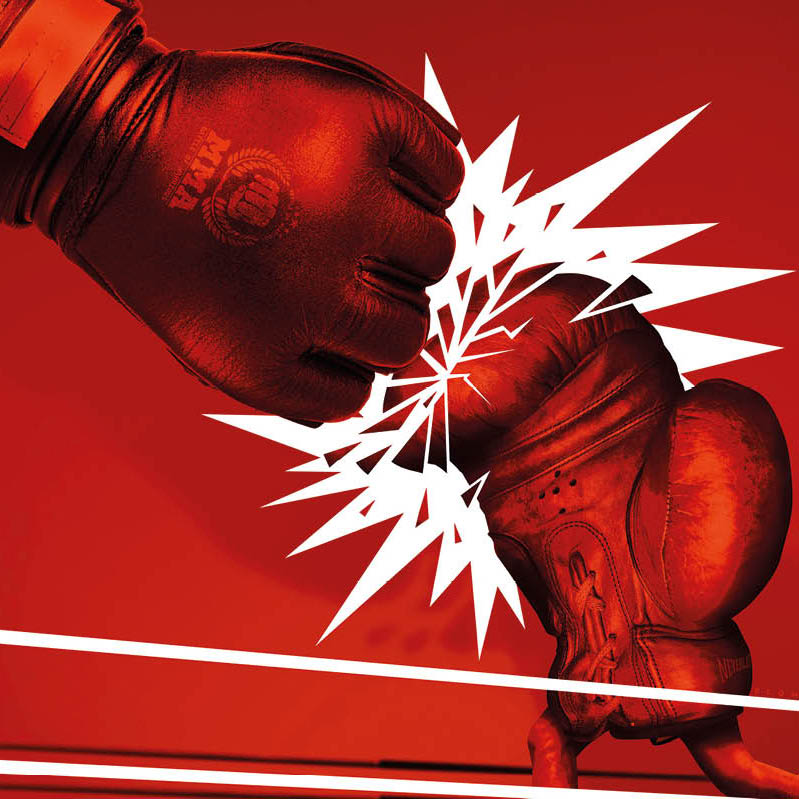






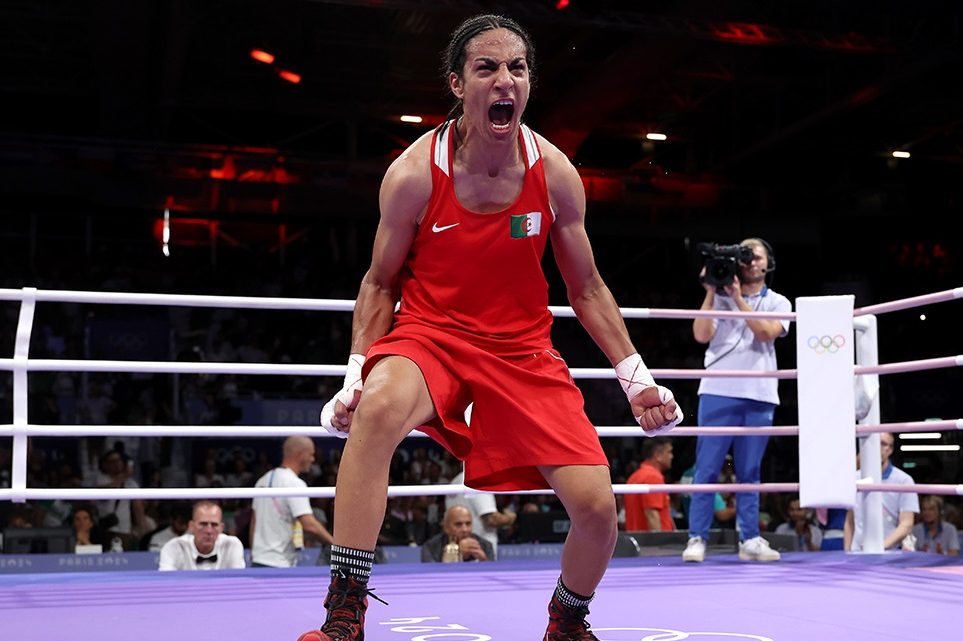

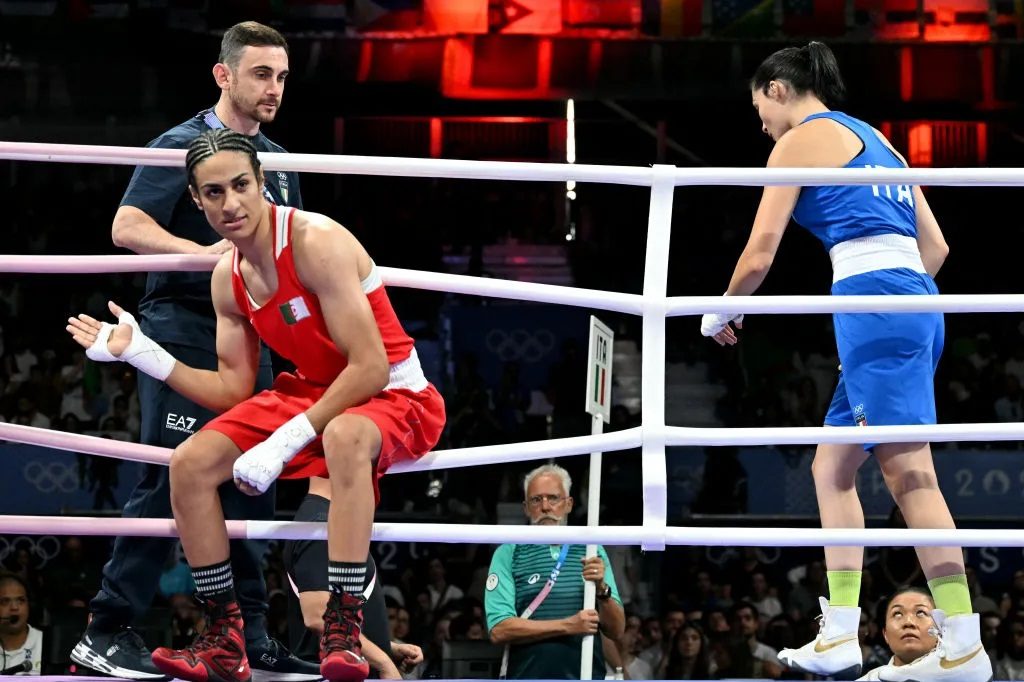
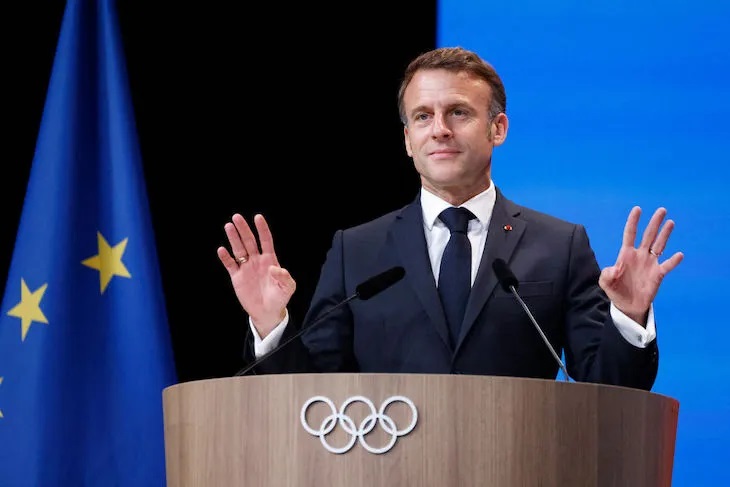

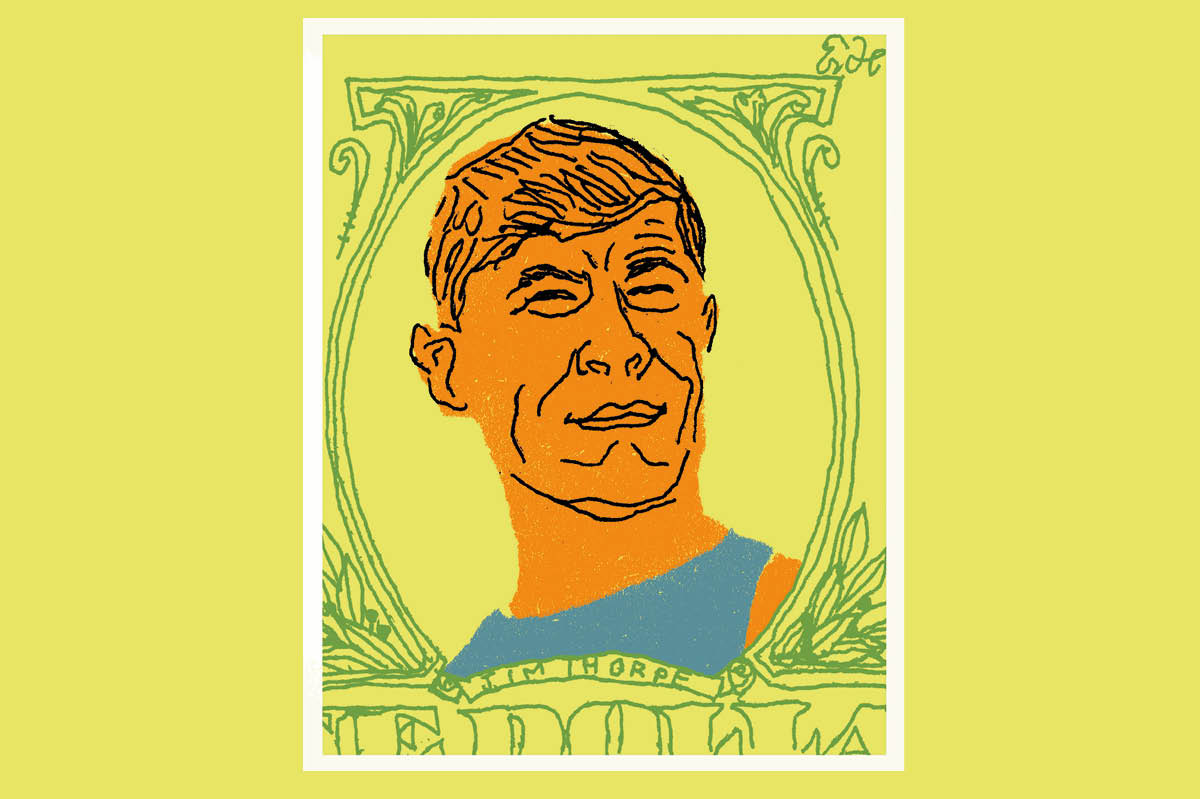







Leave a Reply